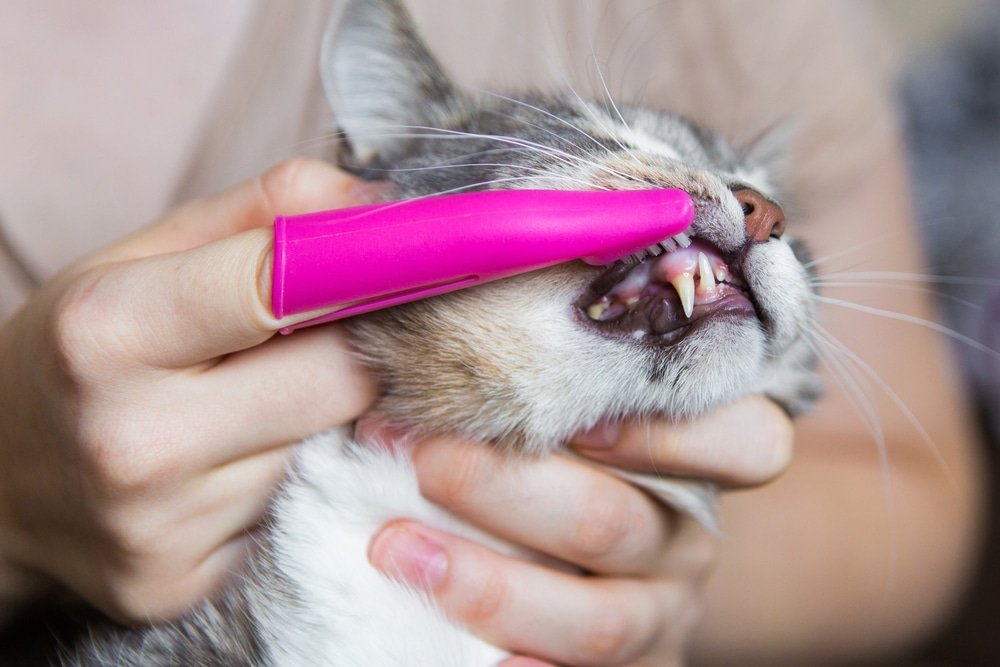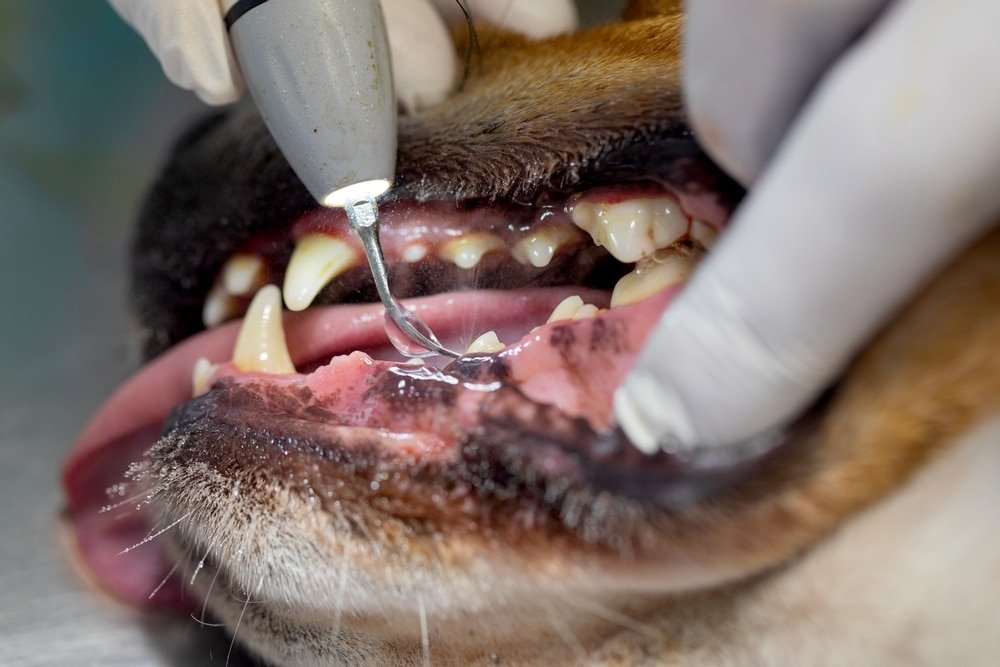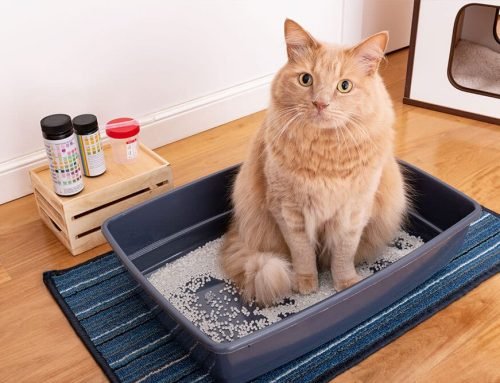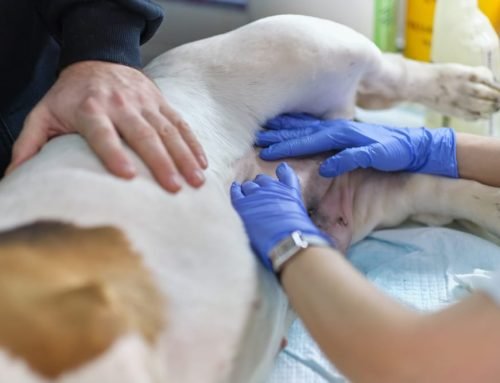Beyond the Mouth: How Dental Disease Affects the Heart, Liver, and Kidneys
Dental disease is one of the most common health issues in pets- and one of the easiest to overlook. While bad breath or tartar might seem like minor nuisances, the effects can go far beyond the mouth. Left untreated, dental disease can quietly contribute to serious health problems, including heart disease, liver dysfunction, and chronic kidney disease.
As pets age, their oral health becomes even more important. Understanding the link between the mouth and the rest of the body helps us protect the pets we love- and ensure they stay happy and healthy for as long as possible.
What Really Happens When Dental Disease Goes Untreated?
Dental disease (periodontal disease) begins when plaque hardens into tartar, irritating the gums and causing inflammation (gingivitis). If not addressed, it can progress deeper- damaging the structures that support the teeth and leading to infection.
But it doesn’t stop there. Bacteria from the mouth can enter the bloodstream, traveling to major organs and triggering inflammation or infection. That’s why oral disease is more than a dental issue- it’s a whole-body concern.
According to the American Animal Hospital Association, this systemic impact is especially risky for senior pets or those with weakened immune systems.
The Heart: A Silent Risk
One of the most well-documented connections is between dental disease and heart disease. When oral bacteria circulate through the blood, they can attach to heart valves- especially those already vulnerable- and cause bacterial endocarditis.
Signs of heart disease can be subtle: coughing, low energy, poor appetite, or even sudden collapse. Because conditions like endocarditis can develop quietly, regular dental care becomes an important step in protecting heart health.
Pets already prone to heart issues- due to age, breed, or existing conditions- are at even greater risk. That’s why prevention through dental exams, cleanings, and full-mouth x-rays is so important. The team at St. Petersburg Animal Hospital & Urgent Care is equipped to detect early disease and provide comprehensive care before problems spread.
The Liver: Filtering More Than Toxins
The liver has a big job- it filters toxins, supports metabolism, and helps the body fight infection. When harmful bacteria from the mouth enter the bloodstream, the liver kicks into overdrive to clean them up. Over time, this extra workload can strain liver function, especially in pets with underlying conditions.
Cats are particularly prone to liver inflammation. As described in this guide to liver and gall bladder disease in cats, symptoms like weight loss, vomiting, and lethargy may show up slowly and be easy to miss.
In dogs, chronic exposure to oral bacteria can trigger immune responses in the liver, potentially leading to hepatitis or bile duct inflammation. Maintaining good dental hygiene helps reduce the bacterial load- and protects this vital organ.
The Kidneys: Quietly Affected, Deeply Impacted
Chronic kidney disease (CKD) is common in aging pets, especially cats. The kidneys act as the body’s filtration system, removing waste and balancing hydration. When bacteria from dental infections enter the bloodstream, the kidneys are often one of the first organs affected.
For pets already living with kidney disease, the added burden of oral inflammation can accelerate progression. Infections can lead to declining lab values and worsening symptoms.
According to the MSU Veterinary Diagnostic Laboratory, managing infection is a crucial part of CKD care. A clean, pain-free mouth plays a bigger role in kidney health than many realize.
Spotting Dental Disease Before It Spreads
Dental disease often develops gradually. By the time signs are obvious, internal health may already be affected. That’s why catching symptoms early is key.
Watch for these signs:
- Persistent bad breath
- Red, swollen, or bleeding gums
- Yellow or brown tartar buildup
- Pawing at the mouth or sensitivity
- Dropping food, chewing on one side, or eating more slowly
- Avoiding chew toys or hard treats
Changes in mood or energy can also be signs of pain. The AAHA’s pain guide includes decreased activity and appetite as red flags.
If you’re seeing any of these signs, a dental exam is a great place to start. The team at St. Petersburg Animal Hospital & Urgent Care can perform a full oral evaluation and recommend appropriate diagnostics- like dental x-rays, which are essential for finding disease hidden below the gumline.
Preventing Dental Disease = Protecting Organ Health
Good dental care is much more than a cosmetic concern- it’s a powerful way to protect your pet’s internal organs and overall comfort.
Dental Health Checklist:
- Annual dental exams and cleanings with your veterinary team
- Brushing at home with pet-safe toothpaste
- Dental chews or toys approved by the Veterinary Oral Health Council (VOHC)
- Routine wellness visits to monitor both dental and systemic health
- Acting early when signs of discomfort or tartar appear

If your pet has a chronic condition like kidney or liver disease, additional precautions may be needed. The internal medicine team at St. Petersburg Animal Hospital & Urgent Care can help coordinate a care plan that considers both dental and whole-body wellness.
FAQs: Dental Disease & Internal Health
Can dental disease really affect my pet’s organs?
Yes. Oral bacteria can travel through the bloodstream and damage organs like the heart, kidneys, and liver- especially in pets with preexisting health issues.
How often should my pet get a dental cleaning?
Once a year is typical, but pets with certain risk factors may benefit from more frequent cleanings.
Is bad breath always a concern?
It often is. Persistent bad breath can signal gum disease, tooth decay, or deeper infections.
Are anesthesia-free dental cleanings safe?
No. Non-anesthetic cleanings only remove surface tartar. They can’t treat infection or access below the gumline, and they may miss- or worsen- serious disease.
What if my senior pet has a chronic condition? Is anesthesia still an option?
Yes- with proper screening and monitoring. Your veterinarian can create a tailored anesthetic plan that balances safety and care.
Strong Teeth, Stronger Health
Dental care is more than just clean teeth; it’s a vital part of your pet’s overall health. A healthy mouth helps protect the heart, kidneys, liver, and ensures your pet can eat, play, and enjoy life with comfort and confidence.
If you’ve noticed signs of dental disease or simply want to stay ahead with preventive care, the team at St. Petersburg Animal Hospital & Urgent Care is here to help. We believe in clear, compassionate care, including transparent pricing for dental procedures and more– so you can make informed decisions about your pet’s health. Let’s work together to keep them feeling their best, from teeth to tail.







Leave A Comment